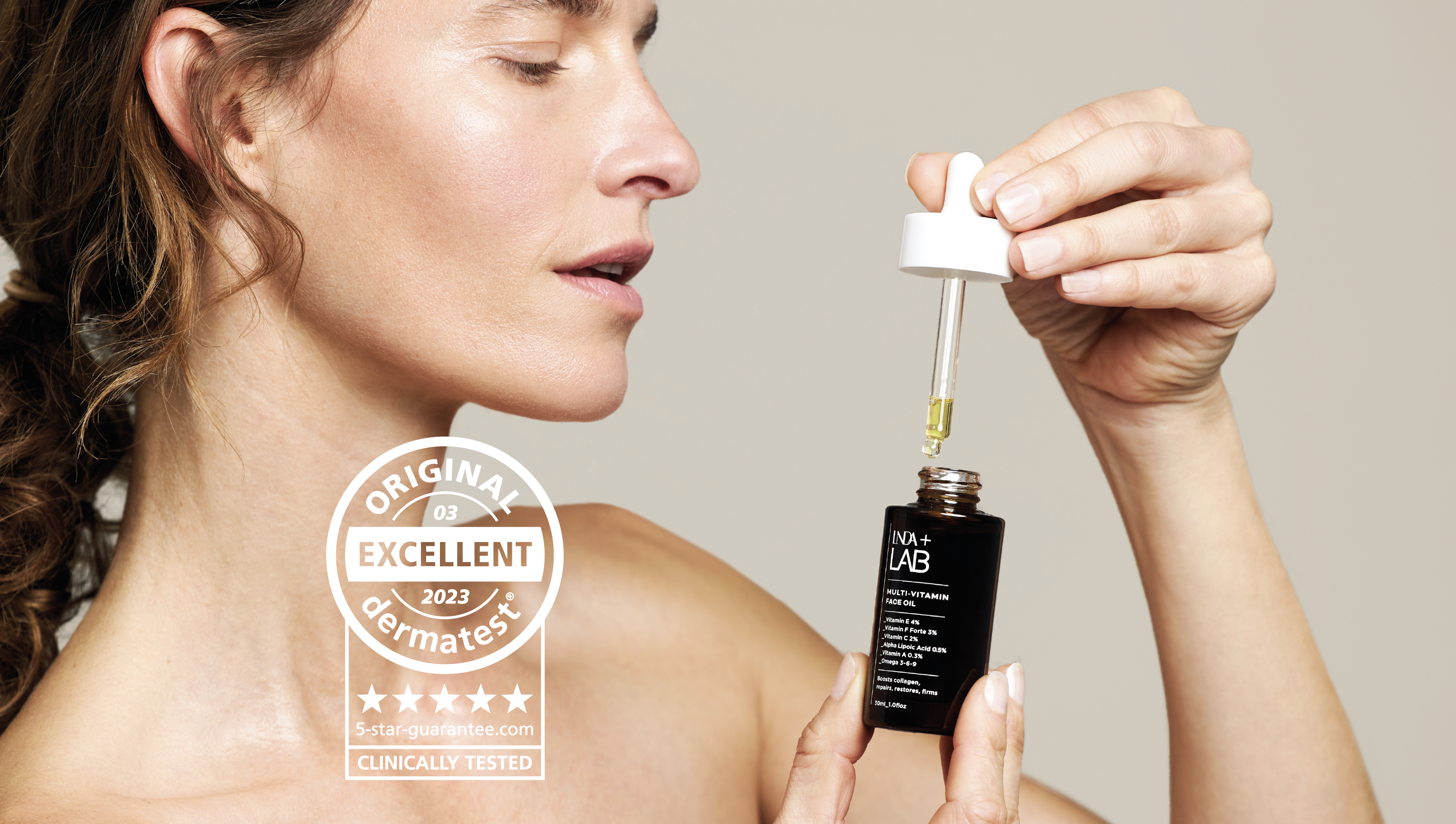Menopause is a profound life transition that can feel like a rollercoaster of symptoms, emotions, and physical changes. Having gone through it myself, I know how overwhelming it can be.

The anxiety, heart palpitations, sleepless nights, and hormonal shifts made it one of the most challenging periods of my life. However, by making intentional lifestyle changes, I’ve managed to regain control and find balance.
If you’re navigating menopause, know that you’re not alone. Here are some evidence-based tips, combined with my personal experience, to help you manage this phase with confidence and resilience.

The Importance of a High-Protein Diet
As we age, maintaining muscle mass becomes increasingly important—not just for strength but also for overall metabolic health. During menopause, declining estrogen levels can lead to muscle loss and a slower metabolism, making protein a cornerstone of a healthy diet.
My approach:
- Include protein in every meal: I focus on lean meats, eggs, fish, and dairy. For plant-based options, I incorporate beans, lentils, tofu, nuts, and seeds.
- Try intermittent fasting: A 12/12 fasting schedule has worked wonders for me. It allows my body to rest and reset, and it’s easy to stick to.
- Snack smartly: Greek yogurt with chia seeds or a handful of almonds keeps me satiated and energized.
Exercise: Strength training, rowing, and walking
Exercise has been a game-changer for managing my menopause symptoms. Strength training, in particular, is crucial for maintaining bone density, muscle mass, and posture as estrogen levels drop.
My routine:
- Strength training: I lift weights 2-3 times a week to build muscle and improve my metabolism.
- Rowing: This low-impact cardio exercise is excellent for heart health and strengthening the upper body. I row 3-4 times a week for 15-30 min.
- Daily walks: Walking outdoors helps clear my mind, reduce anxiety, and boost overall well-being. I make sure to walk 5-7 times a week for 30-45 min in a brisk pace. In the winter I ski.
Managing Anxiety and Heart Palpitations
One of the most unsettling symptoms I experienced was heart palpitations, often triggered by anxiety. Addressing these required a holistic approach:
- Mindfulness and breathing exercises: Simple techniques, like box breathing (inhaling for 4 counts, holding for 4, exhaling for 4, and holding for 4), can help calm the nervous system. Or I just close my eyes and lay still for 15 min.
- Nutrition tweaks: Reducing caffeine and alcohol made a huge difference. Both can exacerbate anxiety and disrupt sleep, so I reserve them for special occasions. I only drink 2 coffees in the morning and 1-3 glasses of wine during the weekend.
- HRT (Hormone Replacement Therapy): After consulting with my doctor, I started HRT, which helped stabilize my hormones and reduce palpitations and mood swings. Also it protects my bones, mye heart, brain and other bodily functions.

Foods That Work Wonders
Your diet is one of the most powerful tools for managing menopause symptoms. Here’s what works for me:
- Phytoestrogens: Found in soy products, flaxseeds, and chickpeas, these plant compounds mimic estrogen and may help with hot flashes.
- Omega-3 fats: Fatty fish like salmon and mackerel not only support heart health but also reduce inflammation and mood swings.
- Low-GI foods: Whole grains like quinoa and brown rice help stabilize blood sugar levels, reducing energy crashes and irritability.
- Fruits and vegetables: Rich in antioxidants and fiber, they support skin health and digestion. My favorites are berries, spinach, and sweet potatoes.
- Dairy and fortified alternatives: Calcium-rich foods strengthen bones, which is essential during and after menopause.
What to Avoid
While it’s essential to nourish your body, certain foods can trigger symptoms:
- Caffeine and alcohol: These can worsen hot flashes, anxiety, and sleep issues.
- Refined carbs and sugar: They cause blood sugar spikes, leading to energy crashes and weight gain.
Building a Sustainable Lifestyle
If you’re navigating this stage, remember: it’s okay to seek support, experiment with what works for you, and focus on building habits that nurture your mind and body. Here’s what worked for me:
- Prioritize self-care: Regular exercise, a balanced diet, and mindfulness practices are non-negotiable.
- Stay connected: Talk openly about your experience with loved ones or join a support group. You’re not alone in this journey.
- Be patient: It took time to find what worked for me. Listen to your body and make adjustments as needed.
We believe in empowering women to embrace their changing bodies with grace and confidence. Menopause is not just an end but also a beginning—a time to redefine health and beauty on your terms.











